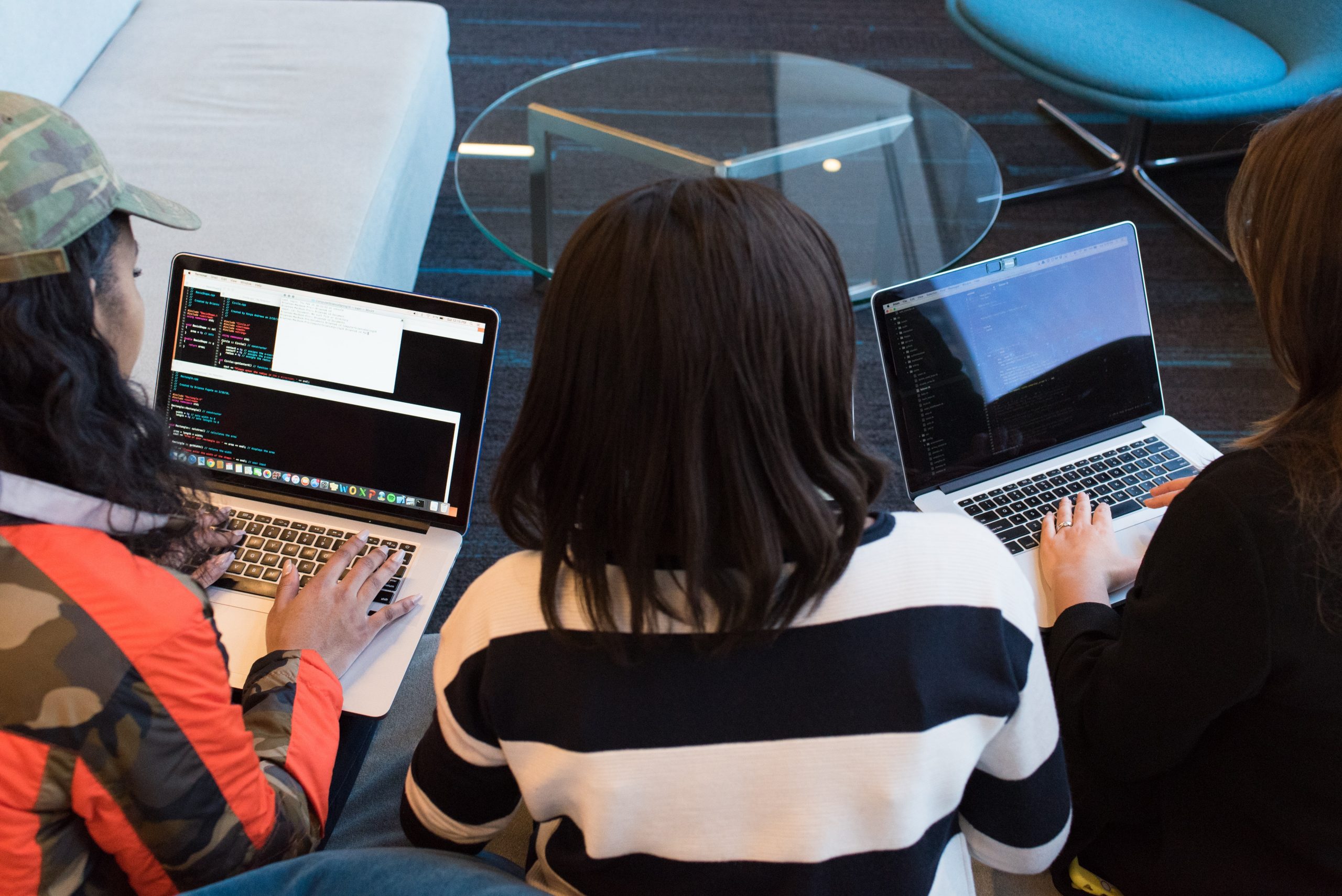The Ethics4EU Project aims to provide teachers with the tools to teach Digital Ethics lectures in modules/courses, providing various insights into ethics in computing and food for thought. The project is in fact aimed at researchers and lecturers from all over Europe who intend to introduce Digital Ethics into higher education programmes in Computer Science and are interested in having privileged access to the new Community of Practice.
The project, which started on 01/09/2021 and ends on 31/08/2022, provides practical tools such as presentations and evaluation models, as well as pedagogical guidelines on how to adapt the models to their needs.
Some of the topics addressed were:
- the issues and challenges of integrating humanities and social sciences in the scientific and engineering curricula.
- prompting the students to think seriously about major challenges facing humanity in relation to emerging and future technologies in biotech, nanotech, AI and other areas.
- Helping the students integrate science and engineering aspects with ethics and the analysis of social consequences
- how fiction is useful as a springboard for ethical discussion and reflection.
The Ethics4EU LTTA took place from 28th March to 1st April. During these days, the ‘state-of-the-art knowledge of ethical issues in teaching computational methods was observed, different teaching approaches were compared and some key case studies were analysed.
The final goals have been:
- to acquire the necessary skills to teach ethics effectively in their courses;
- to provide students with experience in confronting and working through ethical issues in a variety of Computer Science topics;
- provide comprehensive training for graduates to produce information technology with ethical dilemmas in mind.
As final results, 8 open educational resources, called “bricks”, have been created to introduce Digital Ethics in Computer Science into Higher Education programmes:
- Dark Patterns
- Programming Pitfalls
- Smart Pills
- Mini-Bricks
- Foundational Ethics in Computing
- How to Argue
- Professional Ethics
- Autonomous Cars
The consortium is happy and proud of the work done over the past 3 years and hopes that the material created and proposed will be helpful to most people.
Project website: www.ethics4eu.eu
Facebook Page: @Ethics4EU
Project no. 2019-1-IE02-KA203-000665
